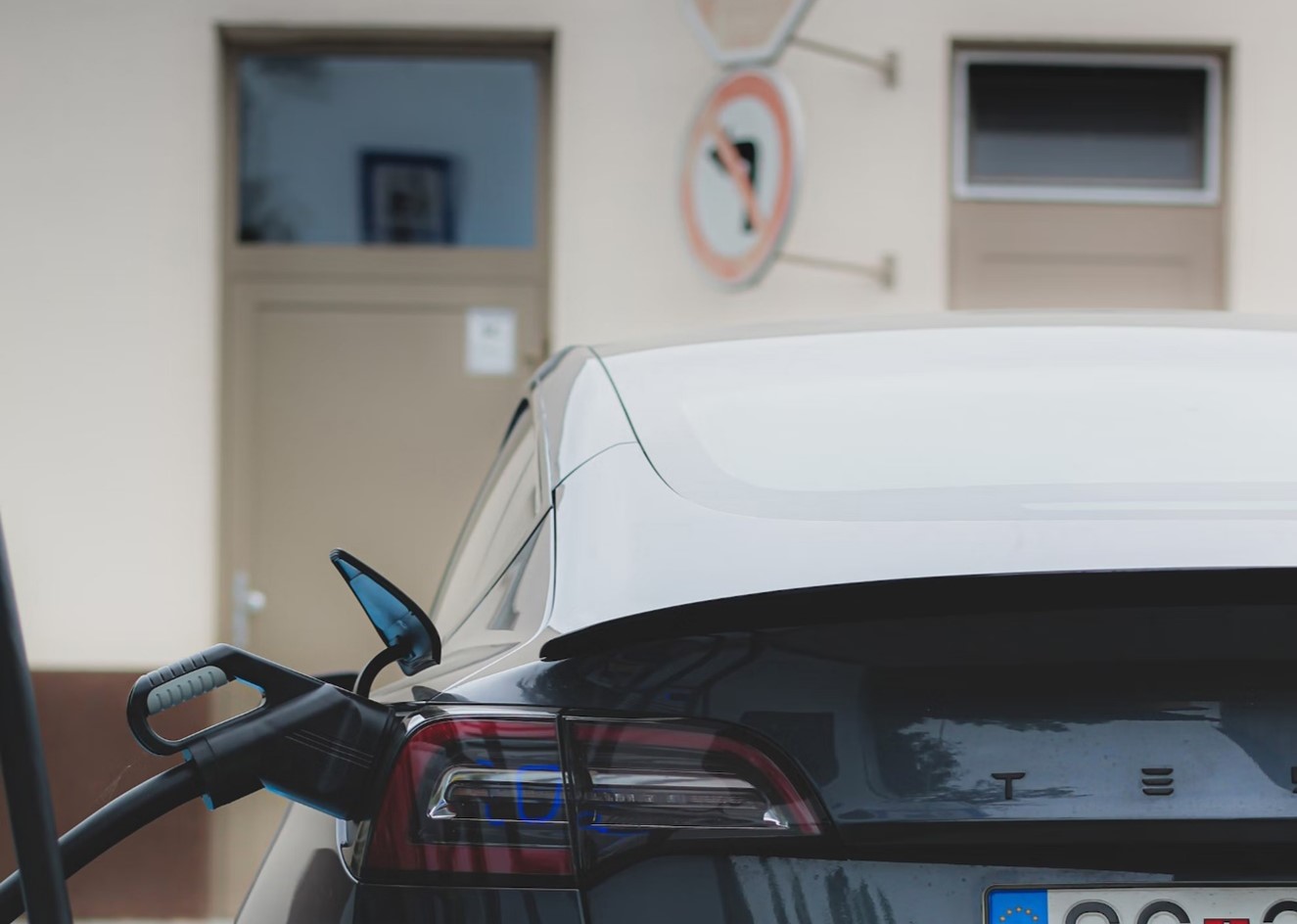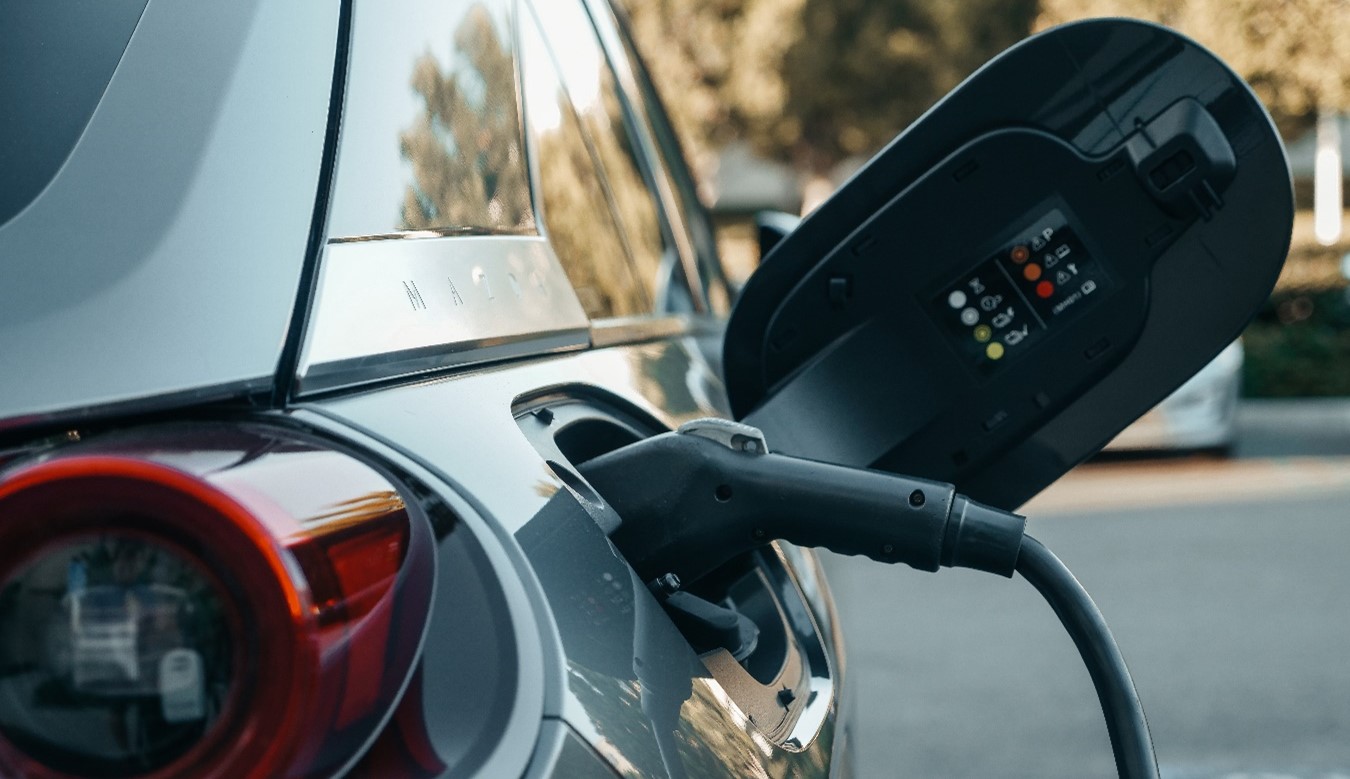
Drivers of electric vehicles should be aware that all technology has its limitations. In the case of electric vehicles, the main handicap is usually the range, as they tend to depend on charging the car’s batteries, so it is important to plan well and know where to charge them, such as at home, at work or in other places intended for this purpose.
When planning and choosing where to charge your car, it is important to know the different types of charging stations you can find, either with an electric vehicle charger installed in your own home or in public charging stations throughout the country.
Today we will focus on what type of charger you can use depending on the type of supply and which chargers provide the best performance for electric vehicle batteries.
In this article we will look at what to consider when choosing a charger for different types of electric vehicles, so that when it’s time for your next trip, you will know whether an AC or DC charger is more suitable for you.
AC charger for electric vehicles
Alternating current (AC) chargers for electric vehicles are an efficient type of charger because of their high voltage, meaning that your vehicle will use less energy overall per charge cycle (the number of times you can recharge your battery before it loses capacity).
This type of charger is often used by people who charge their vehicle in a private home as they can recharge their vehicle overnight and have the battery fully recharged the next day.
The operation of this type of AC charger is based on an internal charger (or rectifier) installed inside the vehicle (through the OBC) that converts alternating current (AC) into direct current (DC). The power output of this inverter is then fed directly into the vehicle’s batteries. This type of charger is currently the most widely used among electric vehicle users.
 DC charger for electric vehicles
DC charger for electric vehicles
DC chargers are usually larger and, due to the way they work, are able to charge faster than AC chargers.
They differ from an AC charger in that the conversion of the current (from AC to DC) does not take place inside the vehicle via an intermediate element; instead, it takes place in the charging station itself. This makes charging much more efficient, as the energy goes directly to your vehicle’s battery.
These types of chargers can also be found in public places such as service stations with charging stations for electric vehicles, shopping centres and supermarkets, car dealerships… and in general places where the time of stay is more limited, so you need to charge your vehicle more quickly.
Advantages of an AC charger
An alternating current (AC) charger is a popular option for charging your vehicle at home or in a private garage, as the time the vehicle remains there is longer. Here are some of the advantages of using an AC charger:
• More economic: it can be more economical than a DC charger, as the cost per supply will depend on the electricity tariff you have contracted at home. However, an AC charger is much slower than a DC charger, so it needs a longer and more controlled period, it is very important to synchronise the charging with the cheapest periods of the electricity tariff you have contracted.
• It is convenient: It is true that having this type of charger at home is quite convenient, since you will not have to leave your home to charge your electric vehicle. You simply plug it in overnight, or at other extended hours when you are not using the car, and that’s it.
Advantages of a DC charger
A DC charger offers many advantages over an AC charger, let’s take a look at some of them:
• More speed: The biggest advantage of DC chargers is the speed of charging. Thanks to their system that allows direct current to enter the battery of your vehicle, you will have reached 80% of the charge in much less time compared to other chargers.
• More power: Another great advantage of this type of charger for your vehicle is that it offers more power without damaging the battery. This is because each vehicle regulates the amount of energy that enters the battery, and unlike the AC charger, this type of charger does not limit the charge.
• Ideal for public places and travel zones: Another big difference between AC and DC chargers is that they are ideal for public places such as petrol stations, shopping centres, car parks at roadside restaurants… They offer fast and safe charging, allowing travellers to easily and much more quickly charge their vehicle.
• For multiple vehicles: A DC charging station, such as those from Floox, allows multiple vehicles to be charged simultaneously, which is a major advantage over AC chargers.
 Which is the best option?
Which is the best option?
If you’re still wondering which is the best choice between an AC vs DC charger, the truth is that the best choice depends on your situation. If you live in a house and have a garage, an AC charger is likely to be the best option because it can be plugged into the standard power socket in your home. However, there are also DC chargers that are more affordable in terms of electrical infrastructure for simpler environments, such as a small hotel, rural accommodation, a gym, etc., where you can place the charger on a wall and where installation is very simple. They are also fast speed chargers that do not need to have the car connected for 8 hours, but it takes much less time to recharge the vehicle.
At Floox we are convinced that DC charging stations have a lot to offer and are becoming the future of the industry. The fact that they are capable of delivering more power, as in the case of our Ultrafloox ultra-fast charging, and that they can also charge several vehicles at the same time, puts them a step ahead.
AC vs DC charger: the future is within reach
Now that you know all the advantages of a DC charger, it’s up to you to decide if you want to be part of the future.
Please note that if you are one of those people who require your electric vehicle to charge quickly, it is best to use a DC charging station. This will offer faster and worry-free charging times for you and your vehicle.
From Floox, we hope you have been clear about the charger that suits you best and if you want more information… do not hesitate to contact us!




